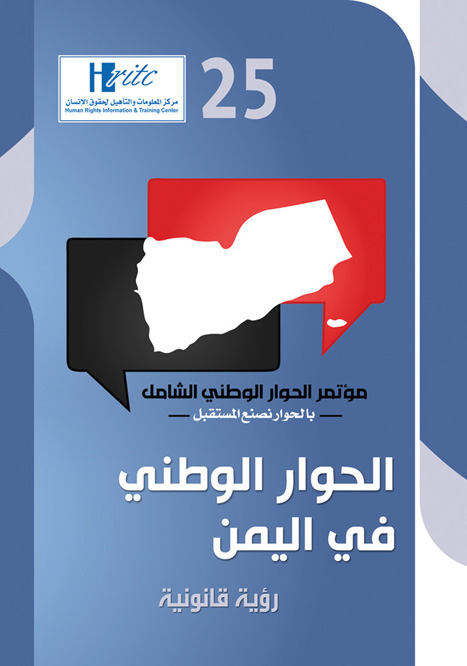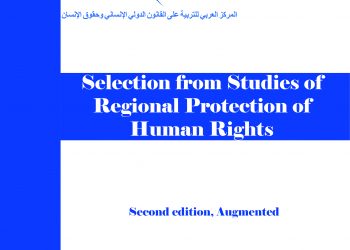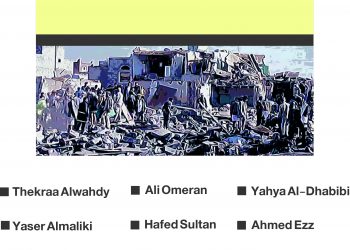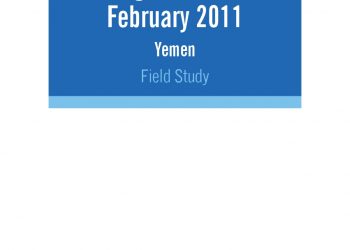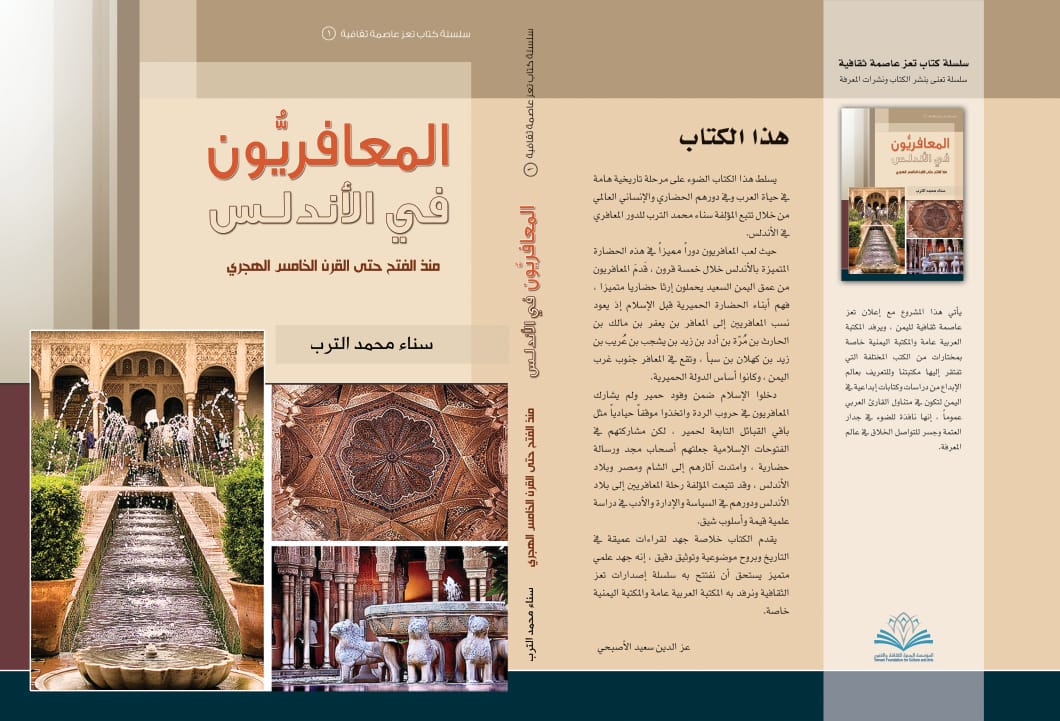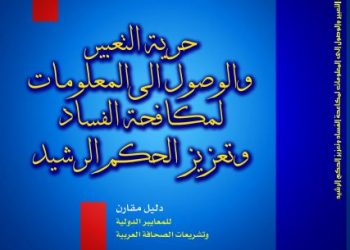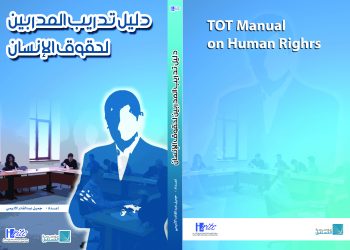The national dialogue in Yemen (legal vision)
By: Ezzadin Saeed Al-Asbahi
President of Human Rights Information and Training Center – HRITC
This book contains a distinguished effort for the most prominent group in society responsible for promoting the path of rights and freedoms in any country, and it is the category of rights of judges, lawyers, activists and activists in civil society.
Human Rights Information and Training Center – HRITC has made well through my dear colleagues who work on this important project to supplement the process of national dialogue in Yemen and enhance the path of building the modern Yemeni state through focusing on the contribution of judges and rights in their vision of how to build the modern state, whose pillar is the independence of the judiciary and work to fortify Eliminate political and administrative delinquency.
The book contains visions and worksheets for more than twenty researchers and specialists, discussions for more than twenty worksheets, and discussions for more than three hundred participants from law and law, and what makes this book important in my view and the most important points:
Focusing on the legal, including judges, prosecutors, lawyers, activists, and human rights activists, a group that did not represent as expected in the meetings and basic dialogues, which makes this timing for gathering visions and interpretations at this time a very important matter.
Diversity of opinions from different governorates is not limited to participation in one city, where the local conferences received five governorates, namely Aden – Taiz – Al Hudaydah – Sana’a – Hadramout, and this means covering most of the geographical area in Yemen.
The timing of the project with the Comprehensive National Dialogue Conference in Yemen, which comes at important historical moments in Yemen and works to take Yemen to the journey of building the new Yemen state. The accomplishment of this project and the issuance of the book were to present visions and proposals of the law and to the dialogue conference and the various state bodies to be a positive contribution at the appropriate time and the most influential.
finally;
I say a brief statement at the conclusion of this introduction. Any talk or discussion about building the modern state or about strengthening the path of democracy and justice is not the mainstay of its legal participants as judges, lawyers, and activists; We cannot take a step forward in promoting the desired progress.
Without an independent and impartial judiciary. Because that means the state of law that we seek.



